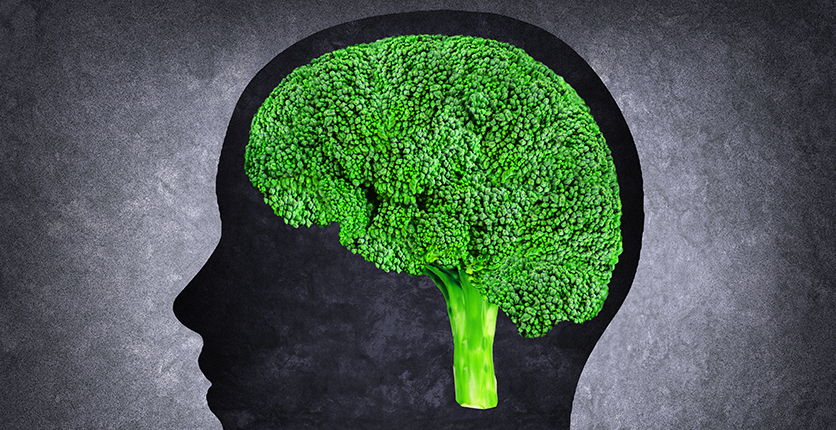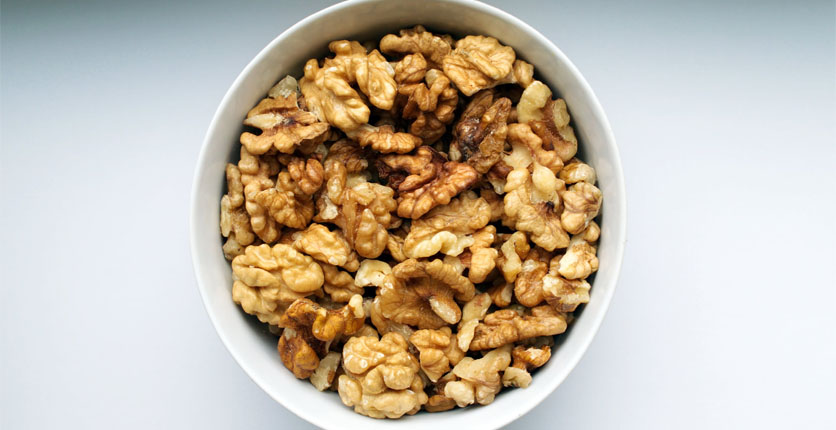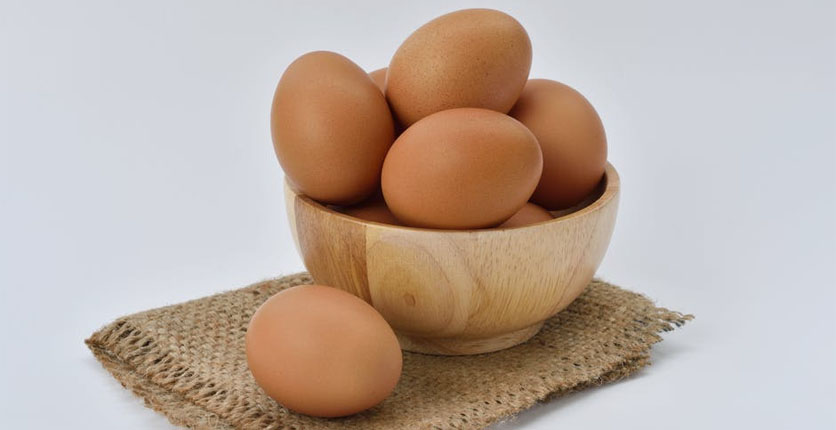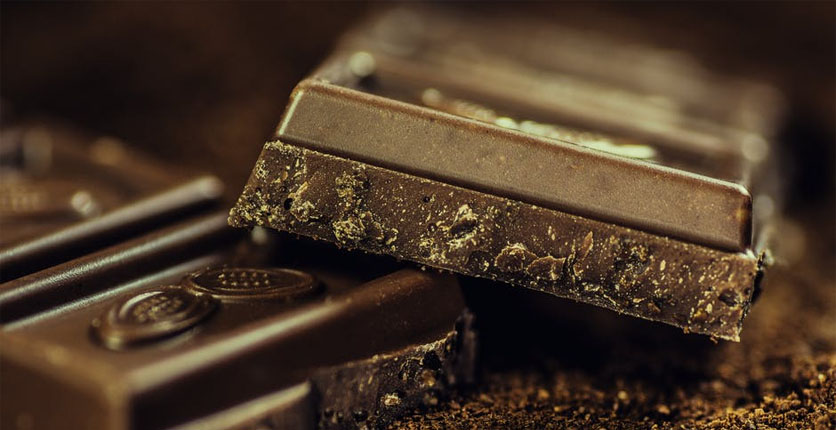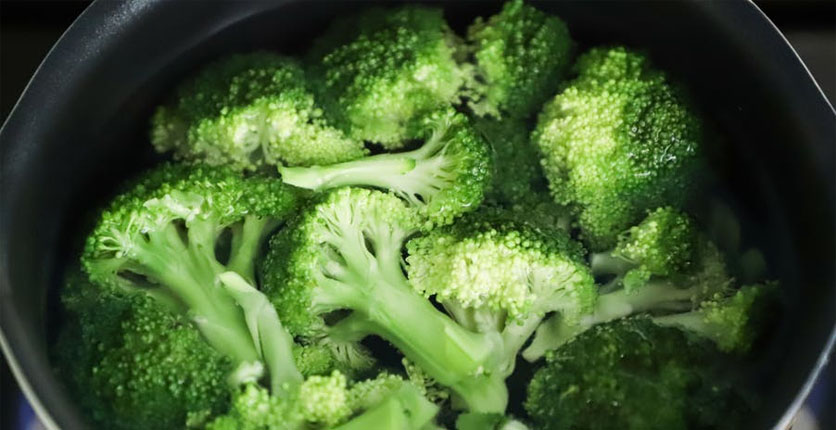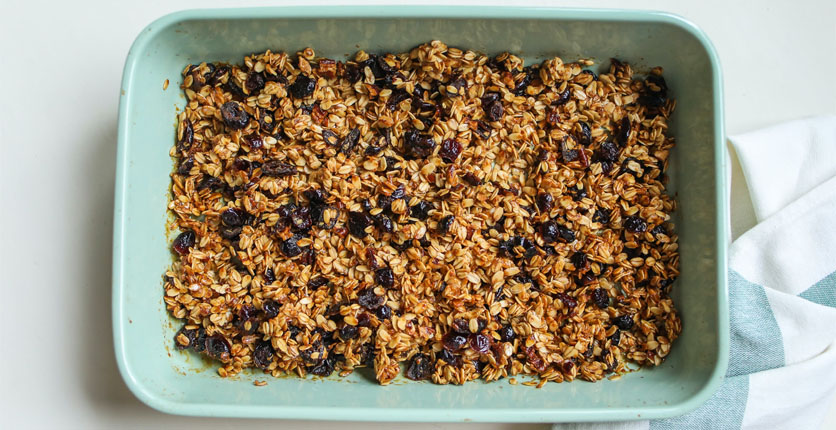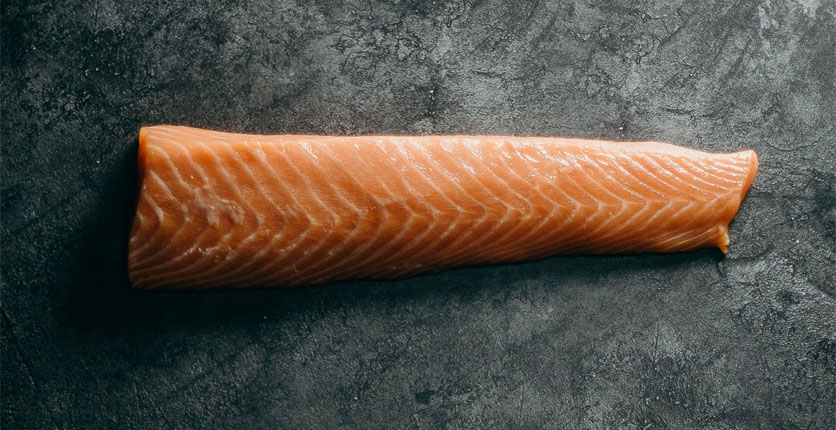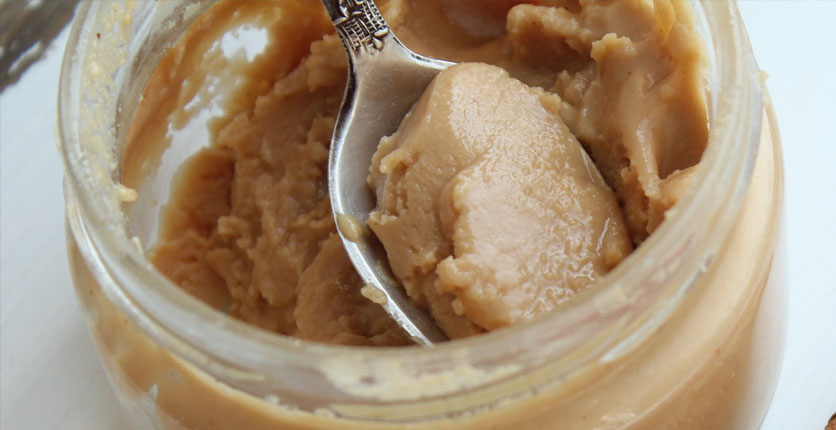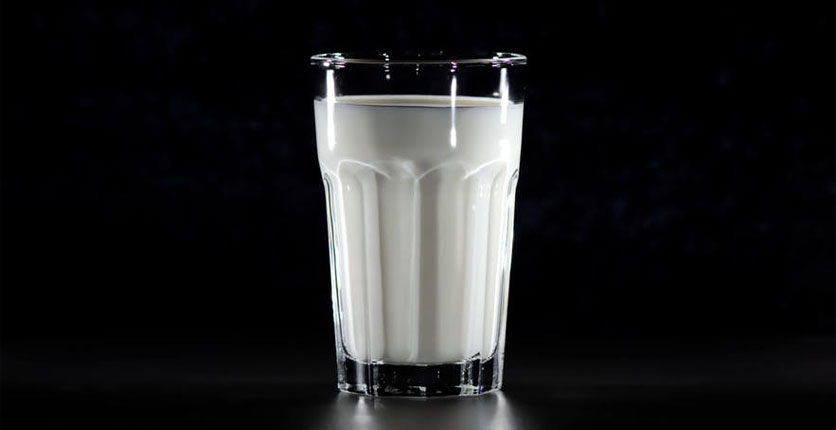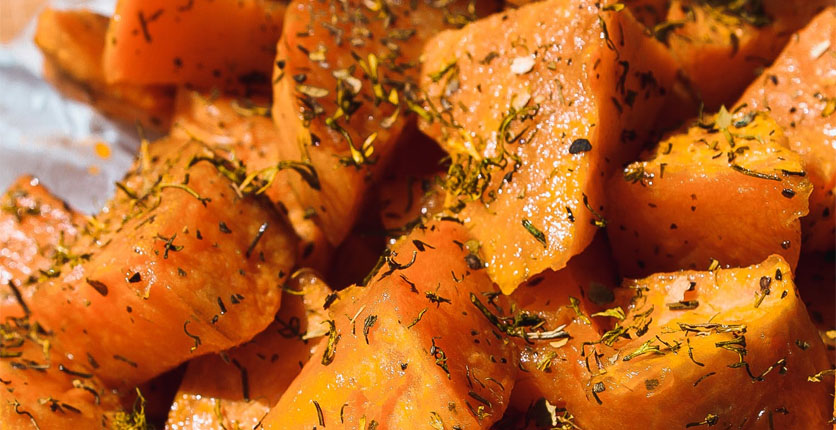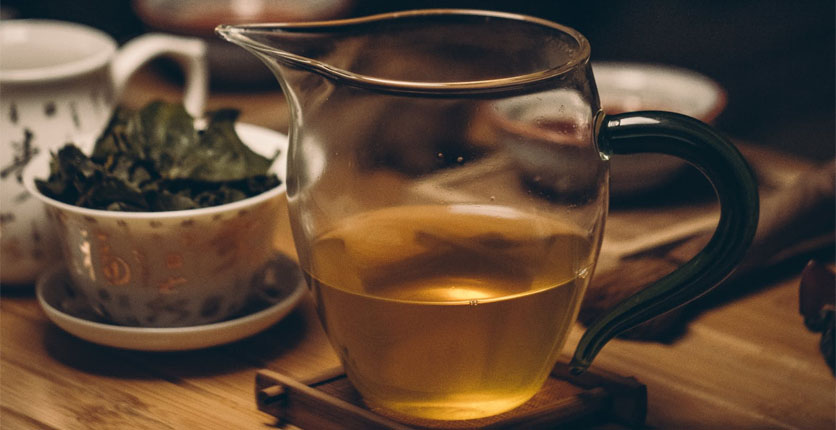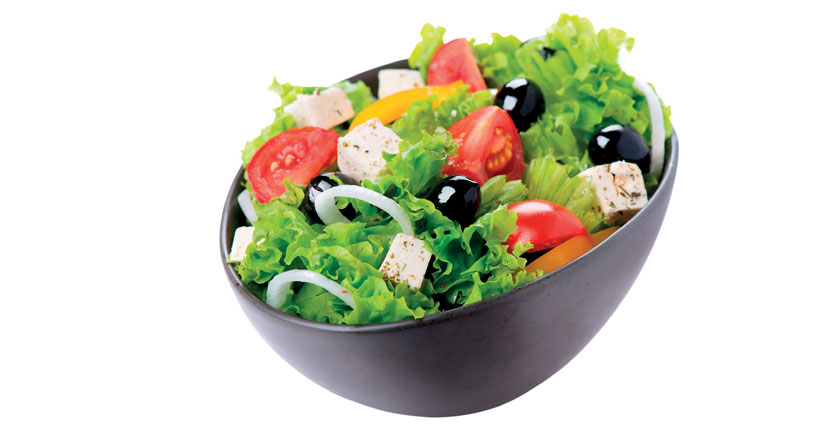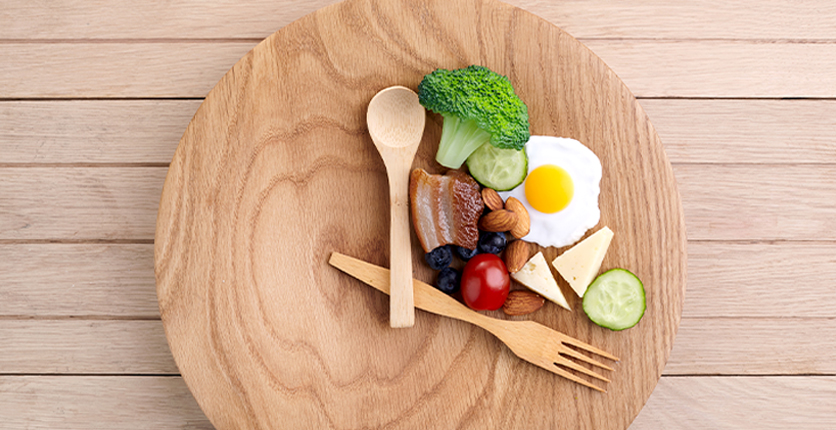Before we begin, it is important that you don’t skip meals as the brain requires a regular supply of glucose from food to function effectively. When you go hungry and skip meals, your brain will obtain less glucose. As a result, you will feel tired, moody, sluggish and irritable.
Combined with a healthy diet, here are some easy food suggestions that you should be including in your daily meals with moderation to keep your brain sharp and healthy!
Walnuts
These are rich in vitamin E and easily consumable as a snack. Vitamin E helps to prevent coronary heart disease, support immune function, prevent inflammation, regenerate cells, and lower the risk of cancer. It is also a powerful antioxidant that may help reduce “free radical” damage and slow the aging process of your body.
Eggs
Once demonized as unhealthy food, eggs are a good source of vitamins B6 and B12, folate and choline. Eggs also contain omega-3 fatty acids, mainly in the form of docosahexaenoic acid (DHA). DHA helps maintain brain function and helps with vision.
Dark Chocolate
Chocolate makes you feel happy due to their taste, and it is much more than just a mood booster. Dark chocolate and cocoa powder are packed with a few brain-boosting compounds, including flavonoids, caffeine and antioxidants.
Cruciferous veggies
Cruciferous veggies are a diverse group that includes broccoli, cauliflower and cabbage. They contain sulforaphane, which is thought to have antioxidant, anti-inflammatory and cytoprotective properties. These greens fight oxidative damage and cancer cells in ways that other vegetables cannot.
Whole grains
Whole grains provide dietary fibre, B vitamins, vitamin E, phytochemicals, antioxidants and protein. By promoting good blood flow to the organ system, your brain will reap the benefits. Whole grains are also a high-quality source of carbohydrates, which is the brain’s natural energy source!
Salmon
Your brain loves omega-3 fatty acids, which play an important role in cognitive function. More than two-thirds of the brain’s fatty acids are DHA, an omega-3 fatty acid found primarily in oily fish such as salmon. It protects neurons from injury, reduces cerebral inflammation and helps to produce new neurotransmitters.
Peanut butter
Unsweetened peanut butter is another healthy source of omega-3 fatty acids – the same fats found in fish. This wonder food also contains various vitamins and minerals such as thiamin, riboflavin, niacin, vitamin B6, folate, vitamin E, calcium, iron, magnesium, phosphorus, potassium, sodium and zinc.
Milk
Milk is not only a rich source of protein, it also contains vitamin A. Drinking milk also increases glutathione concentration in the body. Glutathione is part of the brain’s antioxidant defenses, which help stave off oxidative stress and preserve cognitive function.
Sweet potatoes
These possess anti-inflammatory agents and can easily replace white potatoes in most recipes. They contain good B vitamins, folate and vitamin B6 which are good for brain function. Also, this low calorie food is rich in vitamin C, fiber, vitamin A and potassium.
Green Tea
Just like coffee, the caffeine in green tea is a form of brain stimulant. But green tea also has other components that make it a good brain food. It contains L-theanine, an amino acid that increases neurotransmitter activity, as well as polyphenols and antioxidants that can protect the brain.
